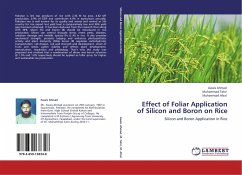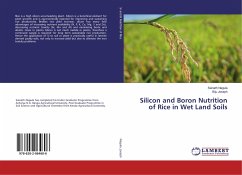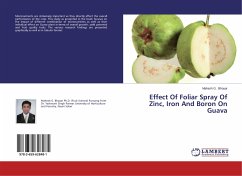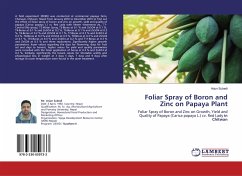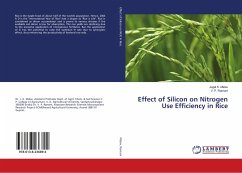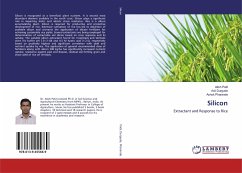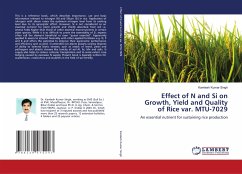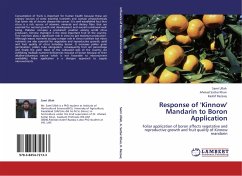Pakistan is 3rd top producer of rice with 2.36 M ha area, 4.82 MT production, 0.9% of GDP and contributes 4.4% in agriculture annually. Pakistani rice is well known for its quality and aroma and ranked as 5th country for rice export but yield level is comparatively low and 36% yield gap has been observed. It has been deduced from the research that along with NPK, silicon (Si) and boron (B) should be introduced in rice production. Silicon can control drought stress, insect pests, diseases, radiation damage and metallic toxicity (Fe & Al) in rice. It also provides mechanical strength, prevents lodging and enhances photosynthetic activity and plant immunity. While boron (B) regulates carbohydrates transportation, cell division, cell wall strength and development, onset of fruits and seeds, pollen viability and affects plant development, reproduction, respiration and physiology. That s why this study was proposed and resulted that a combination of silicon and boron solutions @ 1.5% and 1.0% respectively should be applied as foliar spray for higher and sustainable rise production.
Bitte wählen Sie Ihr Anliegen aus.
Rechnungen
Retourenschein anfordern
Bestellstatus
Storno

